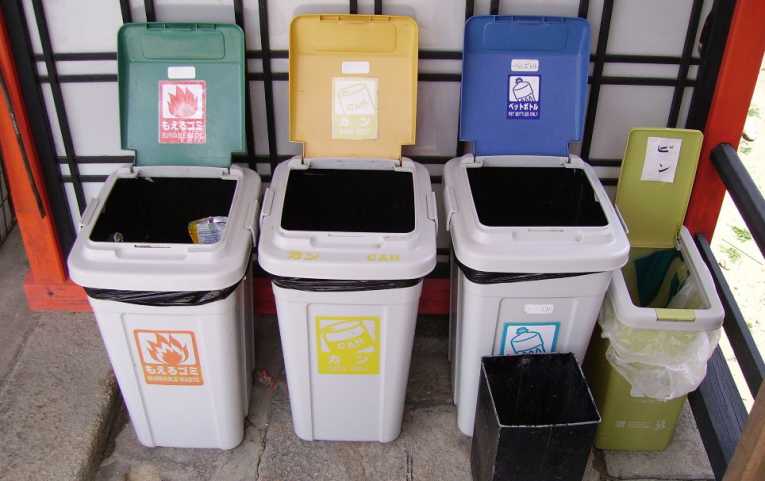The second European Week for Waste runs from 20th to 28th November 2010 to raise awareness of the waste reduction strategies of the EU and individual member states. The aim is to encourage individuals and businesses to think more about their waste.
This goes beyond simple recycling or other uses of waste, to encourage us to change our behaviour. The aim is to have less waste to dispose of in the first place, rather than just educating more of us how to deal properly with that waste
The event aims to promote more sustainable consumption and production. The European Week for Waste Reduction is part of a 3-year project supported by the Life+ Programme of the European Commission to encourage waste reduction.
The similar pan-EU event planned for 2011 could be the last one, as it has mixed support for the name that even the organizers admit is more about waste prevention than waste reduction. Although thirty organising authorities are taking part, it is a concern that only 15 of the EU member states have bothered to support the week.
All member states and regional/local authorities were individually invited to participate. The 15 EU countries are the UK, Ireland, France, Belgium, Italy, Spain, Portugal, Sweden, Denmark, Finland, Malta, Slovenia, Estonia, Germany, and Austria. Other countries involved are Andorra and the Dominican Republic.
Despite its serious economic problems, Ireland is one of the most active countries with events all around the country aimed at the public, businesses and other organisations. Events seek to highlight the work being done on waste prevention and resource efficiency in the areas of waste, water & energy.
Laura Burke of the EPA Office of Climate, Licensing & Resource Use comments, "this week will highlight all the positive work that is being done in Ireland in relation to waste prevention and is an important opportunity to showcase best practice. Events taking place include seminars on everything from composting, to electrical goods recycling and waste prevention. I am pleased that a large number of public and private organizations are involved."
The week highlights that waste reduction and prevention is not just about national or international strategy, or what governments and businesses can do. Every person has an important role to play at home, at work, travelling or in their leisure time to prevent waste and reduce their impact on the environment.
This year's event is concentrating on preventing the production of waste-everything that can and should be done to prevent throwing an item away, to reduce the amount of waste collected and to reduce the harmfulness of the waste generated. The EU seeks to
The long-term aim is to get us all to change our purchasing habits and manufacturing processes away from non-sustainable production and consumption. The consumption of products (including production, transport and waste) is a serious problem across Europe. Household waste has doubled in weight in 40 years and has been growing steadily at 1 to 2% every year, despite strenuous efforts to reduce it.
Most of the tips on how you can reduce waste will be familiar to readers, but here are a few less usual ones:
The week was launched on Saturday 20th at 11:00 am with a special event in several European cities at the same time. Each location had a "Batucamob", a symbolic and a unified action of people coming together by thumping empty waste bins, trash cans and other containers as instruments.
The "BatucaMob" is the result of mixing a "Flash Mob" - a gathering of people in a public place to carry out an action agreed upon in advance, after which the group disperses - and a "Batucada" - a type of music played on traditional Brazilian percussion instruments, that originated from Rio de Janeiro, where the sound is made up of thumping and beating of the drums.
The "BatucaMob" used recycling and waste bins, empty cans or bottles, Tupperware, and anything else that could be used to symbolise waste reduction and responsible consumption. And most important of all, they tried to make as much noise as possible; the emptier the bin, the louder it sounds!
The UK has events in Northern Ireland, Wales and Scotland with local initiatives in London, Warrington, and Buckinghamshire. Recycle for London focuses on textile recycling through clothes swap parties. Belfast City Council is seeking to educate businesses, schools and communities to help reduce the amount of waste sent to landfill. In Dublin, recycling organisation Repak is promoting trials of new refill systems.
Although the week has good intentions, it is not very well organized. There is no central list of events, or even of organizations arranging events. It is very much a disparate group of companies and other organizations arranging thousands of local and national events. Each has their own take on the week, their own agendas and often conflicting messages. That even the organizers get muddled between waste reduction and waste prevention is not a good sign. It is a lost opportunity to promote waste reduction.










